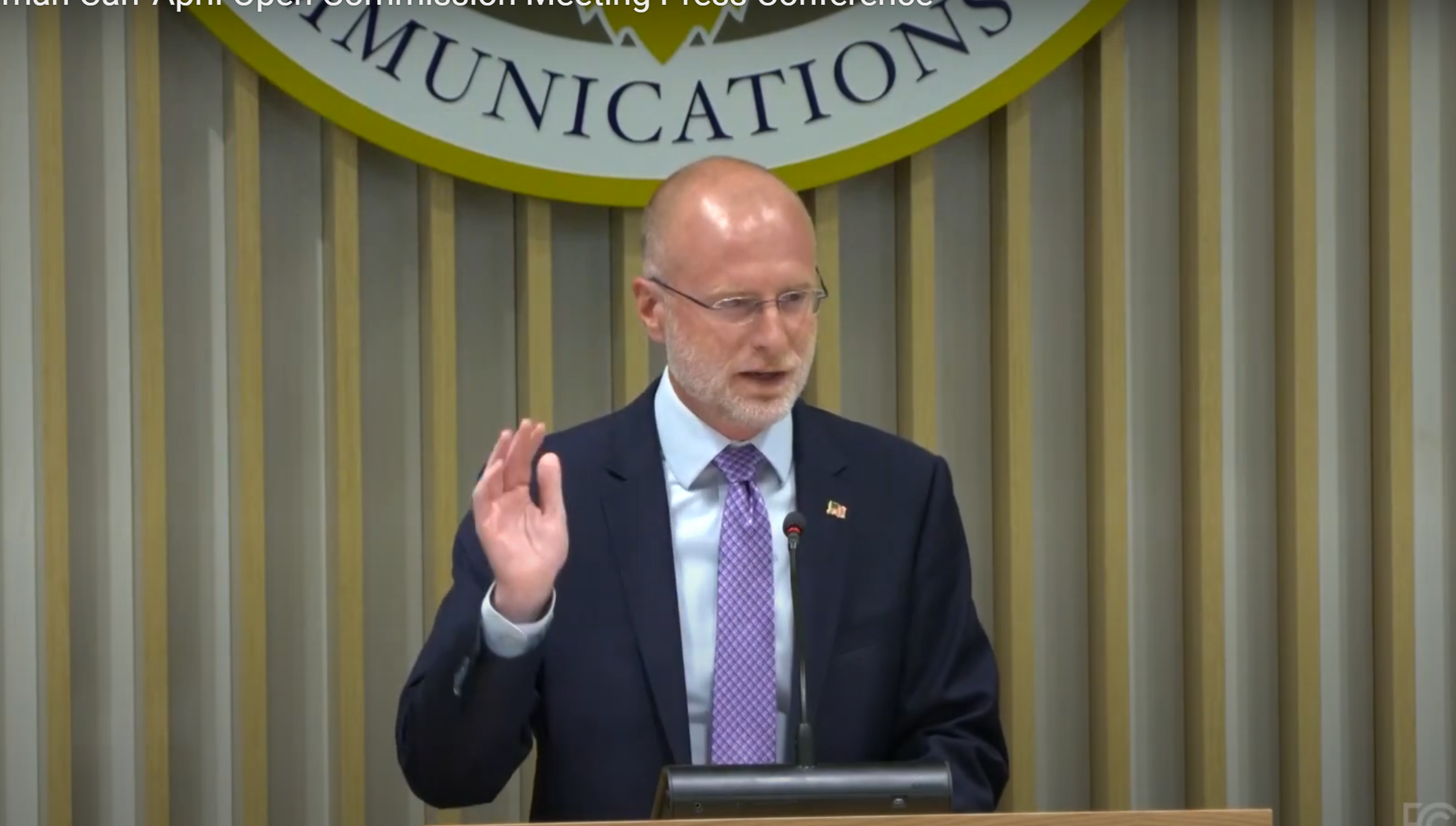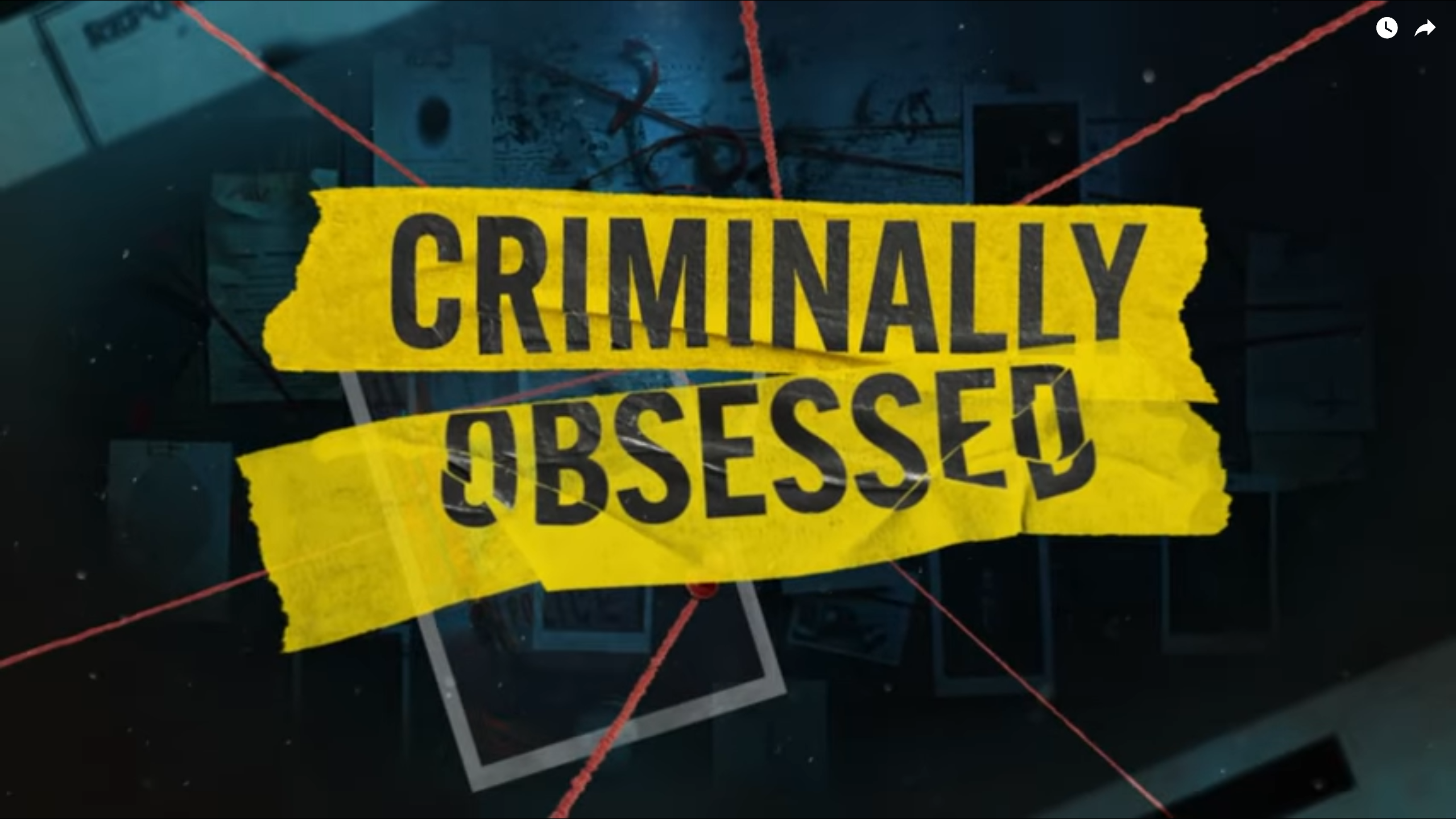FCC Launches Wide-Ranging Examination of Network Affiliate Relations
`National Programmers operating out of New York & Hollywood are reportedly preventing those broadcasters from serving their local communities,’ Carr wrote on X

The professional video industry's #1 source for news, trends and product and tech information. Sign up below.
You are now subscribed
Your newsletter sign-up was successful
WASHINGTON—The Federal Communications Commission has opened a wide-ranging inquiry into the relations between broadcast networks and their affiliates that could make it easier for affiliates to preempt network programming, redefine how negotiations with vMVPDs like YouTube TV are handled and even air programming from other networks.
Carr announced that the regulator had issued a Public Notice seeking comments on market dynamics of national programmers/affiliates in a post on X.
“The FCC has an obligation to ensure that local broadcast TV stations meet their public interest obligations,” Carr wrote. “Yet National Programmers operating out of New York & Hollywood are reportedly preventing those broadcasters from serving their local communities—including by punishing them for exercising their right to preempt national programming. The FCC has now started a proceeding to examine ways we can empower local broadcasters to meet their public interest obligations by reviewing the network / affiliate relationship for the first time in more than 15 years.”
The FCC has an obligation to ensure that local broadcast TV stations meet their public interest obligations.Yet National Programmers operating out of New York & Hollywood are reportedly preventing those broadcasters from serving their local communities—including by punishing… pic.twitter.com/jqZ4TUg66vNovember 19, 2025
In his tenure as FCC Chair. Carr has repeatedly argued that he would like to change the balance of power between broadcast networks, who he regularly attacks for “bias”, and local broadcasters, who provide much needed local news and information.
The new Public Notice, reflects that view in its title: “Empowering Local Broadcast TV Stations to Meet Their Public Interest Obligations: Exploring Market Dynamics Between National Programmers and Their Affiliates.”
It also stresses the public interest standards that broadcasters are required to uphold and that Carr has used to launch investigations into ABC, CBS and NBC affiliates for “news bias.”
“Television broadcasters are required by both the Communications Act and the terms of their FCC-issued licenses to operate in the public interest,” the Notice said. “Television broadcasters have this public interest obligation because the government has given them the privilege of using a scarce national resource—the public airwaves—and in doing so has necessarily excluded others that might want to broadcast their own programming over that spectrum. This public interest obligation distinguishes television broadcasters from other types of program distributors, including cable companies, streaming services, podcasts, and more, that were never given free access to the public airwaves or a federal license to broadcast on that spectrum.”
The professional video industry's #1 source for news, trends and product and tech information. Sign up below.
The Public Notice also laid out a number of arguments rebutting free-speech rights of broadcasters. “[C]ourts have long held that the First Amendment does not relieve a licensee of its public interest obligation, nor does it absolve the Commission of its statutory duty to ensure those licensees meet public interest requirements,” the Notice explained.
“By this Public Notice, the Media Bureau continues its efforts to empower local television broadcasters to meet their public interest obligations,” the Public Notice explained.
As part of that effort, the Notice argued that “an imbalance has developed in this relationship” between affiliates and networks with the rise of “horizontally and vertically integrated companies that now own national programming networks.”
“This imbalance...frustrates local broadcasters in their efforts to fulfill their public interest obligations,” the FCC argued. “Although the FCC does not directly regulate the national programmers as such, the Supreme Court has held that the relationship between networks and affiliates is well within the Commission’s regulatory jurisdiction.”
More specifically the FCC is seeking comment on changes in the network/affiliate relationship, in terms of the bargaining power of networks versus affiliates.
In a lengthy discussion of the inbalance of power between networks and affiliates, the FCC noted that "In the early 1940s, radio broadcasting in the United States was almost exclusively provided by four national AM radio networks, similar to today’s television broadcast market...In the Chain Broadcasting Report, the Commission found that certain regulations were necessary to address unfair practices in negotiations between the radio networks and local affiliate stations."
To address these unfair practices in the 1940s, "the report stated that affiliates should be allowed to broadcast programs of other networks as well as to schedule their own programs. Should the Commission consider adopting regulations similar to these in light of the changes in the broadcast market that have led to anticompetitive leverage and behavior by large networks?"
It also raised a number of questions about the ability of stations to preempt network programming without financial penalties.
“Consistent with the FCC’s right to reject rule, we seek comment in particular regarding the preemption of national programming by local broadcast TV stations,” the Notice stated. “As indicated in that rule, the FCC has determined that affiliation agreements should not include provisions that limit right-to-reject preemptions for “greater local or national importance” to breaking news events or any other specific type of programming; prevent affiliates from rejecting a program as “unsatisfactory or unsuitable or contrary to the public interest” because they have carried a similar network program in the past; or impose monetary or nonmonetary penalties on affiliates based on preemptions protected by the right-to-reject rule.”
It also raised the issue of whether networks should continue to negotiate retransmission agreements with vMVPDs like YouTube, something that station groups would like to change.
The Public Notice also dived into a number of issues about how the FCC might address problems in the affiliate relationship. “If the FCC subsequently determines that certain contract provisions and related network practices should be prohibited by rule, we seek comment on how to address offending affiliate agreements in order to restore full control of the license to the affiliate,” the Notice stated. “Parties to affiliation agreements that violate existing rules are already subject to enforcement action. Particularly egregious behavior could result in an order to file an early license renewal application, a short-term renewal period, or designation for hearing.”
The FCC said that comments on due on December 10, 2025; reply comments are due on December 24, 2025
The full Public Notice is available here.
George Winslow is the senior content producer for TV Tech. He has written about the television, media and technology industries for nearly 30 years for such publications as Broadcasting & Cable, Multichannel News and TV Tech. Over the years, he has edited a number of magazines, including Multichannel News International and World Screen, and moderated panels at such major industry events as NAB and MIP TV. He has published two books and dozens of encyclopedia articles on such subjects as the media, New York City history and economics.

